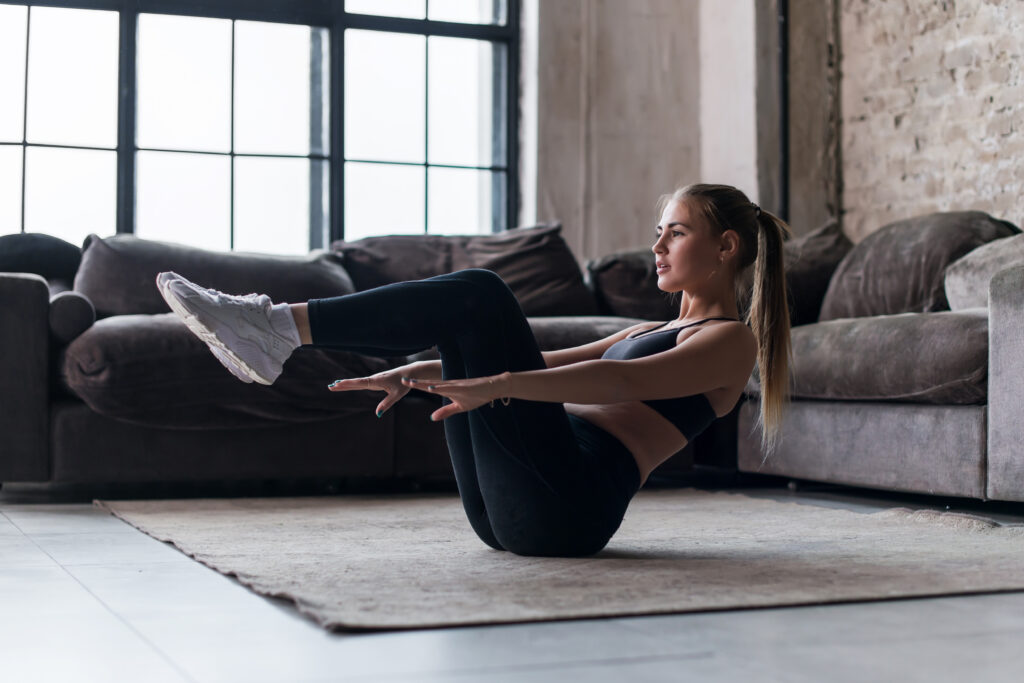women's Health
How Movement Can Improve women’s Health at All Stages of Life
Regular physical activity is essential for women’s health and fitness. It has been linked to numerous health benefits, including a reduced risk of chronic diseases, improved mental health, weight management, bone health, and increased energy levels. However, many women struggle to find the time or motivation to exercise regularly. Movement and exercise are so important throughout our lives and have a plethora of benefits. Women of all ages should aim to prioritize movement in their lives. Exercise may look different for everyone at different stages of their lives, and that’s okay. We just need to prioritize looking after our bodies to enhance health and longevity.
Here are our top 5 reasons why you should be moving your body:
– General health. Exercise is so important for women’s health and the prevention of chronic diseases such as diabetes and cardiovascular conditions. Moving more will help keep your organs happy and healthy.
– Bone health. As women, our bone density can often be affected by fluctuating hormones. This is especially true for women from menopause onwards. Exercise actually helps strengthen our bones, in turn reducing the risk of osteoporosis and bone fractures later on in life.
– Muscle strength. Sarcopenia is a natural aging process where you gradually start to lose muscle mass and strength. The process begins earlier than you might think- usually around the age of 35. This process can actually be prevented or reversed through a healthy diet and regular exercise. This reinforces how important it is to keep our muscles strong to enjoy a good quality of life for a long period of time.
– To be an active and involved Mother. When children come into the picture, it can often be a huge strain on our bodies, from the whole process of being pregnant and giving birth to feeding, lifting, holding, and playing with a small human who gets heavier and heavier. If our bodies don’t move well or we don’t have adequate muscle strength, this can lead to pain and injuries, often taking away from engaging in meaningful activities with your children.
– Mental health. Exercise can contribute in many ways to good mental health, whether it be managing stress; serving as a distraction or coping mechanism; improving self-esteem and confidence; helping to manage anxiety and depression; or even improving social interaction. Our mental health is just as important as our physical health.


